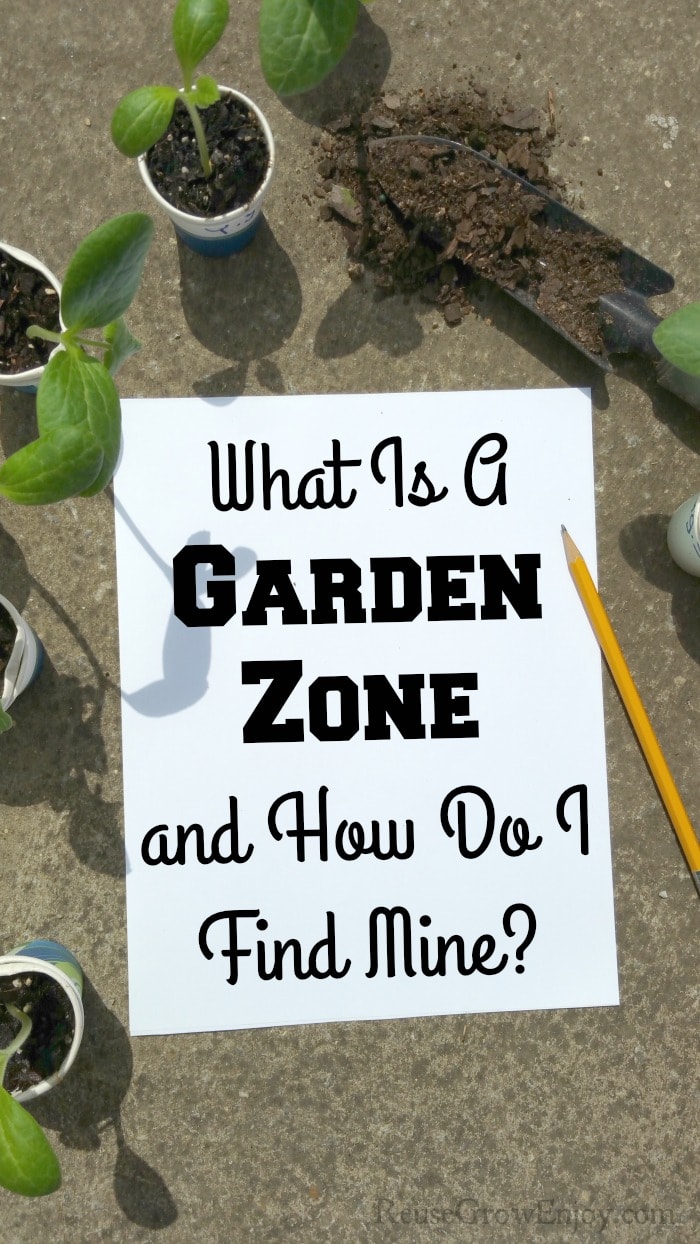When you start your first garden you may hear a lot about finding your garden zone. It is talked about in gardening groups, mentioned in books, and even printed on the pack of your seed packets.

What Is A Garden Zone and How Do I Find Mine?
A garden zone is used to help you find the right time to start seeds and plant in your garden. Each garden zone has a slightly different climate and different points when the first and lost frosts can be expected.
After you learn about zones and what yours is, here are a few other posts you may find helpful.
- Beginners Guide On What Herbs To Grow And Companion Planting
- Plants That You Can Plant One Time And Eat From Forever
- How To Get Your Garden Ready
- Raised Garden vs Ground Garden
- 7 Places To Find FREE Gardening Plants
How do zones affect your garden?
The zone you are living in can affect what types of plants you can grow in your garden or in a pot that can be moved indoors during the winter.
In some gardening zones, perennial plants will grow as annuals and need to be replanted each year when they get too cold. When choosing new plants for your garden read about what zones the plants you want to grow are hardy in.
Gardening zones can help you find the right time to start your seeds indoors. If you start your seeds too early during the winter they will outgrow their containers long before you can get them into the ground safely.
Your zone can give you valuable information on when your last frost is expected. Giving you plenty of time to make sure your seeds are started with plenty of time for them to grow but not so early that they run out of room to thrive long before the soil is warm.
Likewise knowing your zone helps you prepare ahead of time for the end of your gardening season. Garden zones can give you a general idea of when your first frost of the year is expected to arrive so you can plant with plenty of time for your plants to grow and produce before the frost rolls in and kills off your plants.
How does it affect plants?
Some plants can only thrive in tropical zones. These plants are not cold hardy and can not be grown in colder zones where they will die off over the winter and growing seasons are cut short for plants that thrive growing year-round in tropical areas.
Traditional growing seasons can vary by garden zone. If you live in a warmer area such as in zone 8 or 9 you may encounter heat issues. This is where many plants can not thrive in the hot summers without extra shade and water.
Knowing your growing zone can allow you to plan your garden around these issues and change your growing season to fit local weather patterns.
How do you find your zone?
One of the best tools I have found to find my gardening zone is on the Burpee website here. You simply enter your zip code and it will tell you what zone you are in.
This can give you a clear idea of what to grow when and weather-related challenges you may face.


Leave a Reply